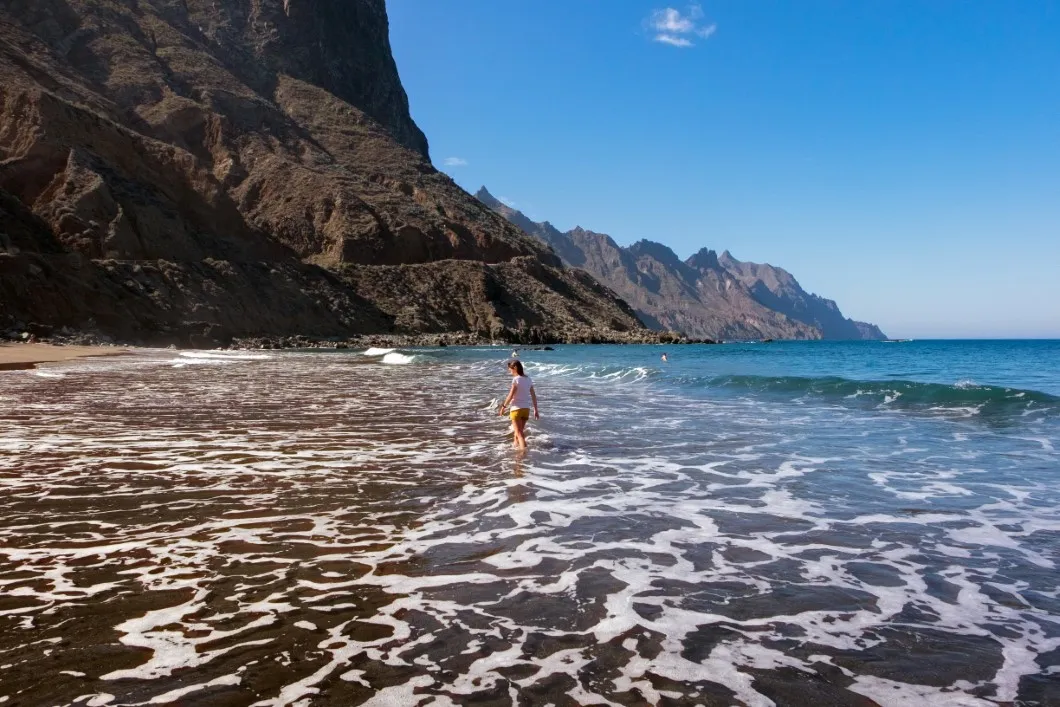
Despite the fact that forecasts for the Spanish tourism industry look bleak, some experts lean towards a more optimistic outlook: the Spanish population will opt to travel within the country’s borders, which could make up for summer losses. Companies should thus focus on domestic tourism.
In April of last year, 15.5 million people made trips to enjoy the Easter holidays. But the coronavirus pandemic has changed the scenario, and forecasts aren’t as positive anymore. According to the Spanish Tourism Board, which is formed by 30 companies in the industry, losses could be estimated at 90 billion euros if summer, a peak season that accounts for 12.5% to 13% of GDP, is lost.
Even so, experts in the industry see light in the dark, believing that domestic tourism could be strengthened once the pandemic is over. A good example of flexible thinking is Gran Canaria. The local tourism board has launched the #muchoporvivir campaign aimed at local tourism. The promotion efforts are focused initially on the fact that the destination Gran Canaria is still present in the minds of the canaries, both on the Island itself and in the rest of the Archipelago.
A study by Deloitte suggests that Spanish citizens won’t resume travels abroad until the end of 2020. In turn, this could have an opposite effect, meaning that the Spanish population will opt to travel within the country, something that could make up for the expected losses of this summer.
“Starting in June, essential air travel will be allowed, meaning family reunions and business trips that prove to be necessary. The first trips will take place within our borders and that, as far as it goes, is positive,” says Luis Buzzi, a partner in charge of Tourism and Leisure at KPMG Spain. Views like his shed some hope amid the negative numbers seen month after month.
“This crisis is coupled with an economic model in recession,” says Buzzi, who forecasts that until the fourth quarter of 2020 “we’ll continue to perform below that of the previous year.” As for the hospitality industry, he speaks of a “mirage effect”. While Buzzi believes that this industry will recover faster than tourism, “first, we will see crowded places as a result of wanting to go outside, but social distancing could cause rejection so people could choose to have coffee at home.”
In March, Badi, an online rental platform, announced that it would allocate 400 rooms to accommodate displaced health professionals in Barcelona to ease the burden caused by a coronavirus. Beyond this decision of social significance, Badi’s General Manager in Spain, Ignasi Giralt, says that “our business model has been strengthened in these weeks”.
Other businesses with a longer history, such as Atrápalo, recognize that they are accustomed to facing crises. “We have experienced really bad situations: the September 11 attacks in New York, the March 11 bombings in Madrid, and even the 2010 volcanic eruptions in Iceland. The coronavirus pandemic is just another great challenge that we will overcome,” says Nacho Sala, co-founder of Atrápalo. Nacha, also acting as Chief Marketing Officer of the company, expects “a gradual recovery” and believes that leisure travelers will return to normal in summer. “The goal is that those who have a trip for July, August or September do not cancel it.”

The micro-stay concept is also expected to gain strength, according to Christian Rodríguez, CEO of ByHours. The platform allows hotels to be booked by the hour and is seen as the first step to recover tourism. “A family isolated for months may not rely on making long reservations. But they might bet on getting away for one night in a hotel to run from the stress of everyday life. This is where we come into play,” says Rodríguez.
The ByHours team is experiencing firsthand the coronavirus crisis. “We are a Spanish company whose second market is Italy.” In fact, in February they held a strong advertising campaign in what is currently the country in the world with the highest death toll from COVID-19. “For both countries [Spain and Italy] tourism is crucial. That is why it is convenient to take advantage of the small opportunities that the market offers us, during and after this crisis.”
Technological advances have influenced and transformed the way of producing, consuming and communicating in society, so all organizations must adapt to this context if they want to maintain or improve their competitiveness in the market.
Tourism is seen as one of the most relevant industries in this digital transformation process, given that it is clearly a customer-oriented activity, placing it at the center of business strategies. In this sense, some of the technologies that will offer greater opportunities to domestic tourism in Spain are Artificial Intelligence, Big Data, the Internet of Things, robotics and blockchain.
Given the fact that digital transformation is undeniable and that it should be seen as a global and integral change of the tourism system, organizations must change and evolve since it is expected that in the coming years the reality will be very different from what we know today.
According to a study by the consulting firm IDC, 65% of Spanish companies already undergo similar transformation processes, and while it’s true that tourism is regarded as one of the industries with the greatest opportunity and capacity to lead the digital transformation, the perception of the degree of digitization of an organization tends not to correspond to reality.
That is the case of hotel establishments in Spain. According to a 2018 study prepared by the Hotel Technological Institute (ITH, in Spanish), “despite the fact that 73% of hotels consider that their levels of adaptation are high or very high, in reality, only 36% report the required levels.”










